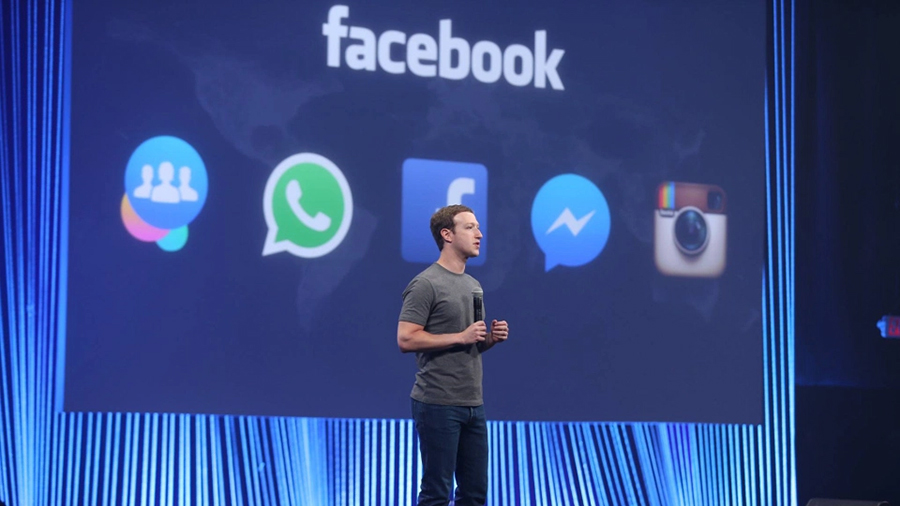Making sense of Facebook's Trending Topics section
No evidence of the suppression of conservative content

It's been a rough week for Facebook. The social networking giant has come under fire for allegedly suppressing conservative news organizations in its Trending Topics section.
Today, Facebook publicly clarified exactly how its Trending Topics section works by publishing the guidelines its editors follow. What we learned is that while Facebook does use an algorithm to find trending news, what shows up in the Trending Topics section is ultimately up to human editors.
The Guardian received leaked documents that reveal just how big of an impact Facebook's human editors have over trending news. Facebook also published its own report, corroborating the leaked documents.
Furthermore, Facebook launched an investigation into its editorial team and found no evidence that anyone was suppressing conservative content.
How Trending Topics are decided
Facebook's News Feed is entirely algorithm based, which means a bot presents you with what it believes are the most relevant stories and posts based on your behavior. By having no human curation, the Facebook News Feed algorithm remains completely objective.
The Trending Topics section, on the other hand, is a hybrid of algorithm and human-based curation. Potential trending topics are surfaced by an algorithm, which looks at topics that have a sudden spike in popularity and mentions. The algorithm also incorporates a website crawler that identifies breaking news which allows news topics not trending on Facebook to be added.
Here's where things get tricky. After trending topics are identified by the algorithm, human editors are tasked with confirming that the topic is tied to a real world news event. Editors then have to write a topic description, apply a category label, and check to see if the news is national or global.
Sign up for breaking news, reviews, opinion, top tech deals, and more.
The trending news is then sent to be personalized by another algorithm. This final algorithm looks at a person's likes, location, and importance to decide who to serve what story.
What's the big deal?
Facebook has become a giant platform of over 1.65 billion users and media companies have become heavily dependent on it as a traffic driver. Facebook's colossal reach means the social network is vastly more influential than any one media company.
When the original allegations of political suppression surfaced, conservative news sites cried foul, forcing Facebook to explain exactly how its Trending Topics product works.
So were conservative news sites suppressed by Facebook? No. Facebook's official policy does not permit "the prioritization of one ideological viewpoint over another" and an investigation into its Trending Topics team showed no signs of political suppression.
But what Facebook also revealed is that its Trending Topics section is still dependent on humans, who can't be 100% objective. This isn't news for anyone working in the media business, but it is a new challenge for Facebook as it's become a major traffic driver to news sites.
Facebook has always been a platform that's been about giving users what they want. Its algorithm is driven by what it thinks you want to see, turning your News Feed into an echo chamber of political confirmation bias if you're not careful.
Political objectivity has never been Facebook's mission and it still isn't. Moving forward, Facebook will have to figure out if and how it can remove human bias from its product altogether.
